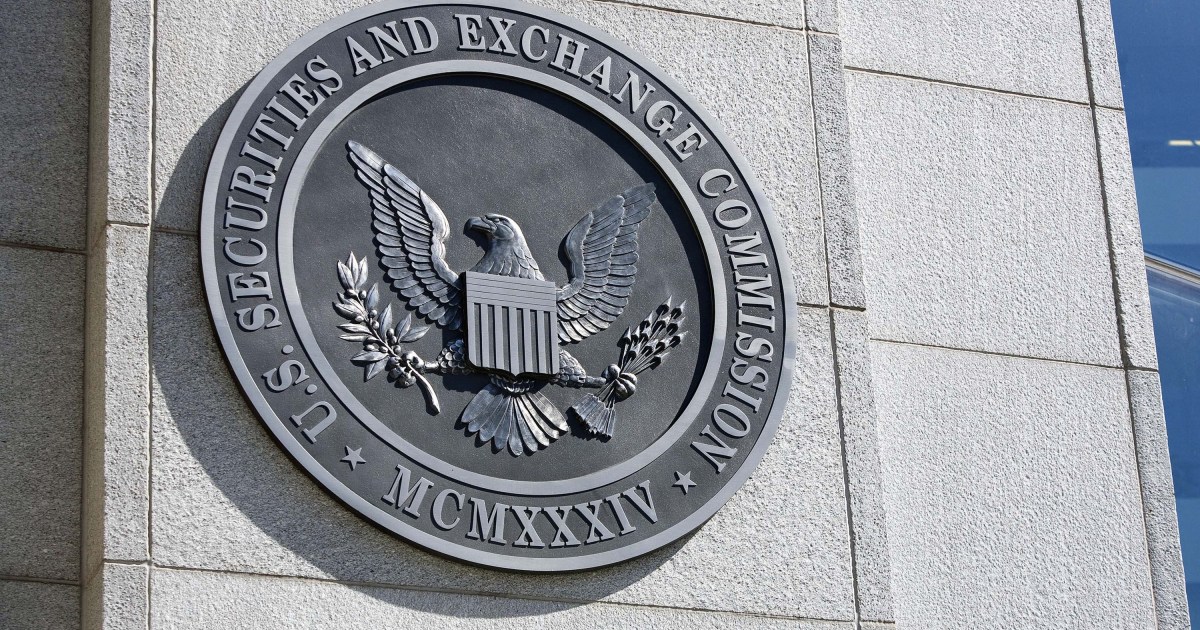SEC Proposes Exemption for Unregistered “Finders” Assisting Small Businesses with Capital Raising

The Securities and Exchange Commission has proposed a new conditional exemption for unregistered individuals, or “finders,” who can help issuers raise capital in private markets from accredited investors.
The Securities and Exchange Commission has proposed a new conditional exemption for unregistered individuals, or “finders,” help issuers raise capital from accredited investors through private placements while receiving transaction-based compensation.
The SEC claims that the proposed exemption will help small businesses raise capital while providing regulatory clarity to investors, issuers, and the finders who assist them, while establishing “clear lanes” for both registered broker activity and limited activity by finders that would be exempt from registration.
SEC chairman Jay Clayton said, “There has been significant uncertainty for years about finders’ regulatory status, leading to many calls for SEC action, including from small business advocates, SEC advisory committees and the Department of the Treasury.”
John Harrison, executive director of the Alternative & Direct Investment Securities Association (ADISA), a trade association for the alternative and direct investment space, said that the trade group “welcomes the SEC’s intention to provide clarity to persons who assist in the capital raising process” and plans to submit comments to the SEC once the proposal is vetted.
“We will seek input from our members, which will be vetted through ADISA’s Legislative & Regulatory Committee (chaired by John Grady) and will submit our comments on the 45+ issues raised by the SEC in its proposal, and hope that our involvement in the process will ensure that our members are heard on this important issue.”
The SEC passed the proposal in a 3-2 vote along party lines. SEC Commissioner Caroline Crenshaw called the proposal a “radical departure from established registration requirements.”
“[The proposal] would expand the scope of investor solicitation activities by unregistered and unsupervised agents in private markets,” said Crenshaw in a statement. “This continues two disturbing Commission trends. First, encouraging the growth of opaque private markets at the expense of better-lit public markets. Second, eroding the investor protections provided by our tried and true regulatory framework.”
The proposed exemptive relief would create two classes of finders, Tier I and Tier II.
A Tier I finder would be limited to providing contact information of potential investors in connection with only a single capital raising transaction by a single issuer in a 12-month period. However, a Tier I finder could not have any contact with a potential investor about the issuer.
A Tier II finder can solicit investors on behalf of an issuer, but the solicitation-related activities would be limited to identifying, screening, and contacting potential investors. Tier II finders can distribute issuer offering materials to investors and discuss the information that is included, as long as they do not provide advice as to the valuation or advisability of the investment. These finders can also arrange or participate in meetings with the issuer and investor.
Both Tier I and Tier II finders would be subject to other conditions, such as:
- the finder does not engage in general solicitation
- the finder provides services via a written agreement with the issuer that includes a description of services provided, as well as compensation
- the finder is not an associated person of a broker-dealer
- the finder is not subject to statutory disqualification at the time of participation
There will be a 30-day comment period for the proposed exemption following publication in the Federal Register.